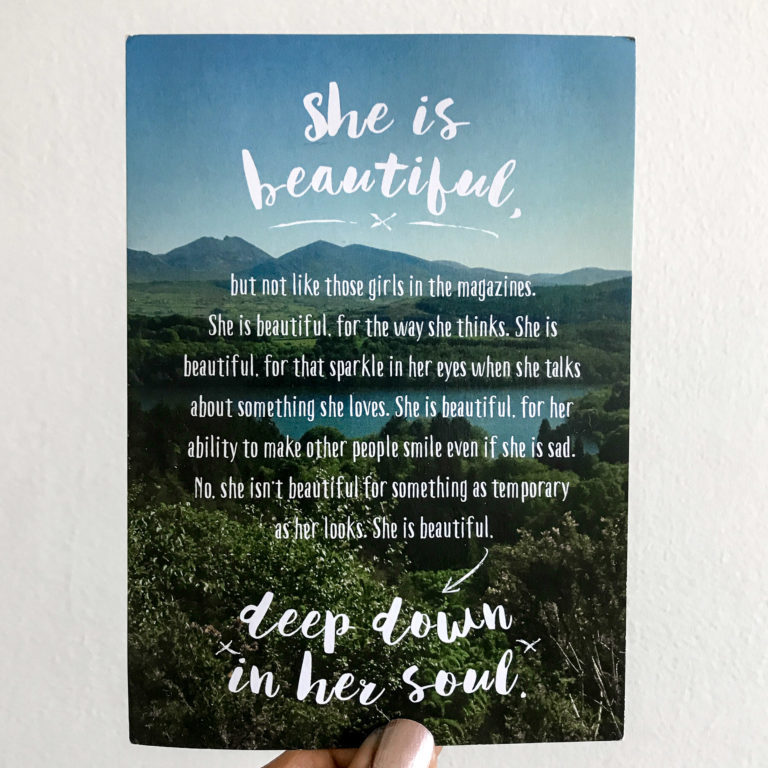Last week was Mental Health Awareness Week in the U.K. Like the Mental Health Foundation often reiterates, good mental health is more than the absence of a mental health problem. It includes taking care of your mind, giving your mind rest, filling it with positive thoughts, and creating it to be an ally rather than your enemy. Makes sense, right?
But then why do so few people actually spend time each day taking care of their mind like they do their body? We have millions, literally millions, of gyms out there where people spend tons of money and time to “get fit,” and but their minds still suffer. What is the point of looking your best when you are fighting your mind every day? I’m not saying we should forgo taking care of our physical health, but we need to make mental health as much if not more of a priority.
Even though it is 2017, there is still a stigma against mental health issues. If someone’s physical health seems off, it is much easier to prescribe rest and medicine than it is with mental health. A lot of people are blessed with no mental illnesses and still aren’t thriving in the ways that they could. Why is that? One of the main reasons is our fast-paced life, aka the way we snowball through moments without stopping to reflect. Pausing our minds from going to the next task and instead spending a few minutes each day reflecting can make your mind much stronger.
I know for me, gratitude sets my mind back on a positive path. I’ve also learned that gratitude certainly comes with reflection. Something I’ve been doing for a couple of years now is writing down what I’m thankful for as often as I can. It might be one page, one sentence, or even one word, but getting that thought across onto paper makes it visible for me and helps me calm down against the noise/negativity of this world.
If you’re looking to start bringing more gratitude into your life, I would highly recommend this exercise. Given that every day is a gift, write down three things for which you are grateful. This is ideally designed to be a long-term exercise. The mental health benefits are apparent after only 21 days of gratitude journaling!
Are you looking for a small, easy-to-carry journal? Check out Itty Bitty Book Co and their super cute gratitude journals for only £4.
STATS ON MENTAL HEALTH
- Mental health problems are one of the main causes of the overall disease burden worldwide.
- Behavioral problems and mental health (e.g., depression, anxiety, and drug use) are the primary drivers of disability worldwide.
- Major depression is the second leading cause of disability worldwide. It is also a major contributor to the burden of suicide and ischemic heart disease.
- It is estimated that 1 in 6 people experienced a common mental health problem in the past week.

I know there are more reasons than lack of gratitude that contribute to poor mental health in people without mental illnesses. But creating gratitude is an important exercise and a great start to your mind being an ally.



![[No. 93] Love Is Real Mom Friends. Real Mom Friends](https://thehonestshruth.com/wp-content/uploads/2020/07/DSC06586-scaled-e1594924314133-218x150.jpg)


























